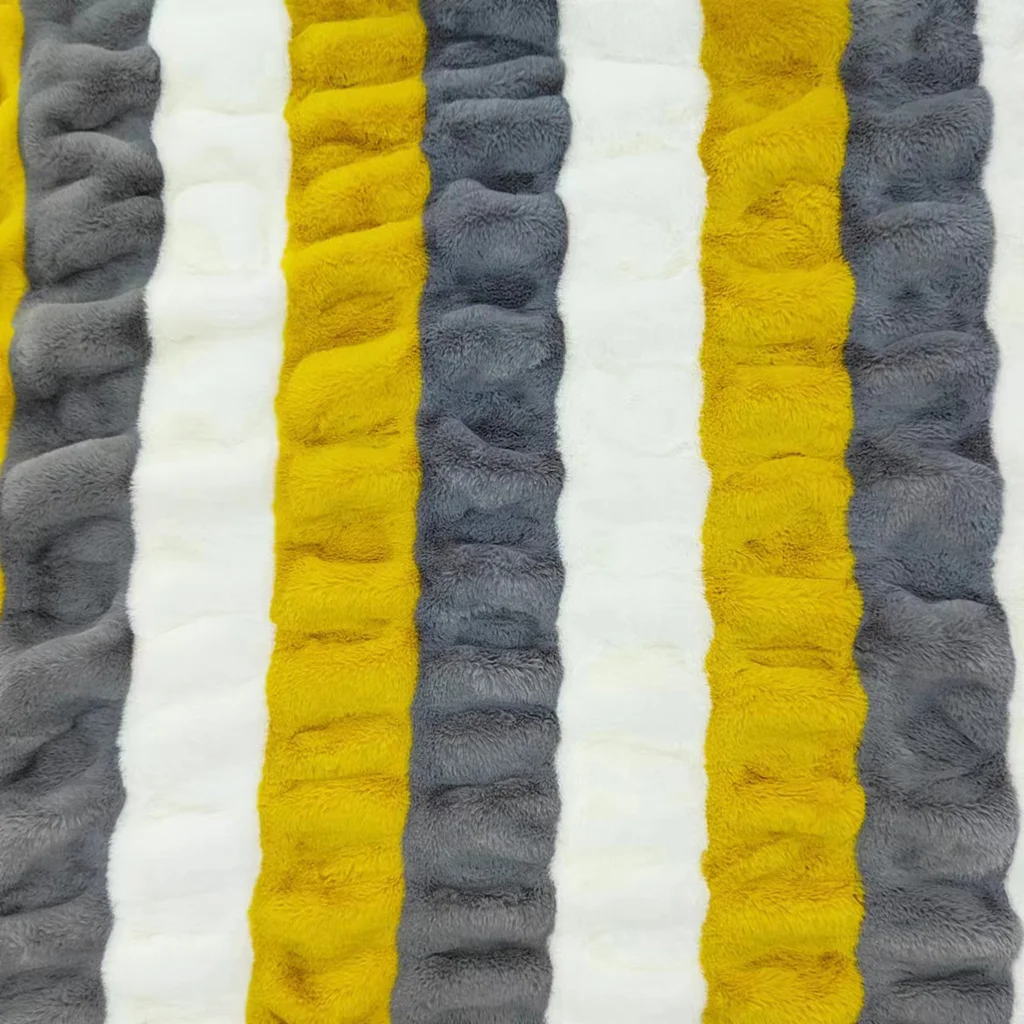When the sun blazes and temperatures soar, the choice of fabric can significantly impact your comfort and overall experience. Among the myriad of options available, cotton and polyester are two of the most popular materials for summer clothing. But which one truly reigns supreme in hot weather? This article delves into the properties, benefits, and drawbacks of cotton and polyester, providing you with a comprehensive understanding to make an informed decision.
Understanding the Basics: Cotton and Polyester
Cotton is a natural fiber derived from the cotton plant. Renowned for its softness, breathability, and moisture-absorbing properties, cotton has been a staple in clothing for centuries. It allows air to circulate, which helps regulate body temperature, making it a preferred choice for warm climates.
Polyester, on the other hand, is a synthetic fiber made from petroleum-based products. It is known for its durability, wrinkle resistance, and quick-drying capabilities. While polyester has gained popularity in various applications, its performance in hot weather is often debated.
Breathability and Moisture Management
One of the most critical factors to consider when choosing fabric for hot weather is breathability. Cotton excels in this area due to its natural fibers, which allow for better air circulation. This property helps wick moisture away from the skin, keeping you cool and comfortable. Cotton can absorb up to 27 times its weight in water, making it an excellent choice for those who sweat profusely in the heat.
Polyester, while not as breathable as cotton, has made significant strides in moisture management technology. Modern polyester fabrics often incorporate moisture-wicking properties, which draw sweat away from the body and promote evaporation. However, the effectiveness of these features can vary widely among different polyester blends and treatments.
Comfort and Feel
When it comes to comfort, cotton is often favored for its soft, natural feel against the skin. It is hypoallergenic and less likely to cause irritation, making it suitable for individuals with sensitive skin. The comfort level of cotton is particularly noticeable during prolonged wear in hot weather.
Polyester, while durable and resilient, can sometimes feel less comfortable in extreme heat. Some people find that polyester retains heat, leading to a clammy sensation when sweating. However, advancements in fabric technology have led to the development of softer polyester blends that mimic the feel of cotton.
Durability and Care
Durability is another essential factor to consider. Polyester is known for its strength and resistance to wear and tear. It does not shrink or stretch like cotton, making it a long-lasting option for active wear and outdoor activities. Additionally, polyester is less prone to fading, which is beneficial for brightly colored garments exposed to sunlight.
Cotton, while comfortable, can be less durable over time, especially when subjected to frequent washing and drying. It is also more susceptible to shrinking and wrinkling, which may require additional care and maintenance.
Environmental Impact
In recent years, the environmental impact of fabric choices has gained significant attention. Cotton is a natural fiber, but its cultivation often involves the use of pesticides and large amounts of water. Organic cotton is a more sustainable option, but it still requires careful consideration regarding its environmental footprint.
Polyester, being a synthetic material, is derived from non-renewable resources. However, recycled polyester made from plastic bottles is becoming increasingly popular, offering a more sustainable alternative. When considering environmental impact, it’s essential to weigh the benefits and drawbacks of each fabric type.
Conclusion: Making the Right Choice
Ultimately, the choice between cotton and polyester for hot weather depends on your specific needs and preferences. If you prioritize breathability, comfort, and a natural feel, cotton is likely the better option. It excels in moisture absorption and air circulation, making it ideal for hot, humid conditions.
Conversely, if durability, quick-drying capabilities, and low maintenance are your primary concerns, polyester may be the way to go. Modern advancements in fabric technology have improved its performance in hot weather, making it a viable option for many.
In conclusion, both cotton and polyester have their unique advantages and disadvantages. By understanding the properties of each fabric, you can make a more informed decision that aligns with your lifestyle and comfort needs during the sweltering summer months. Whether you choose the classic comfort of cotton or the resilient performance of polyester, the right fabric can enhance your hot weather experience significantly.


